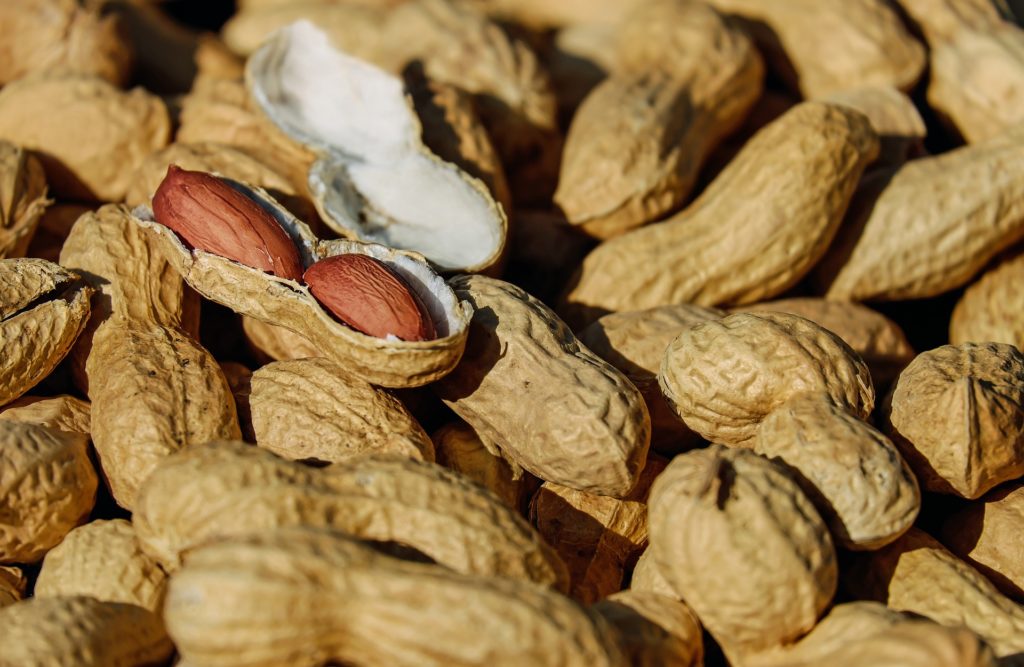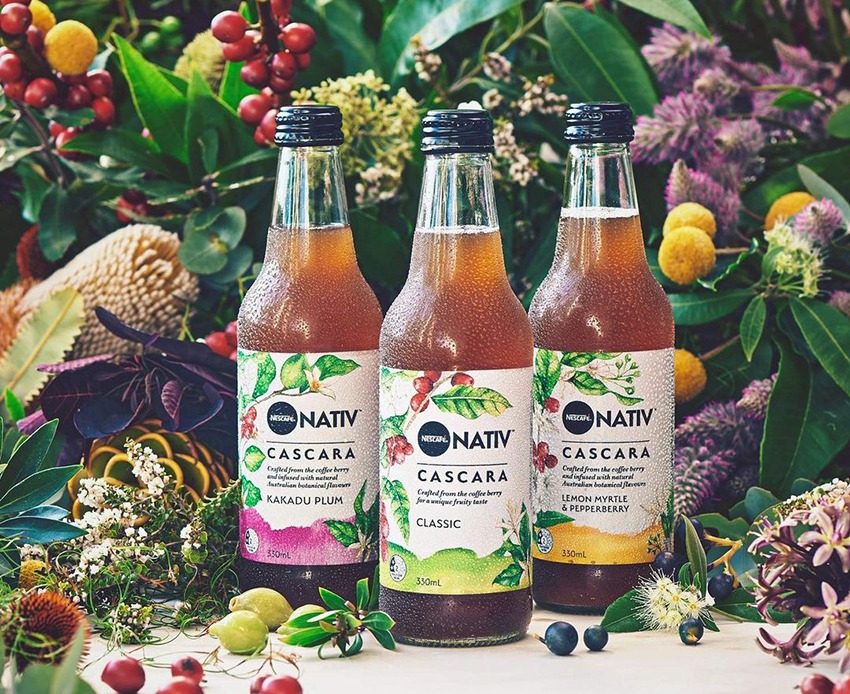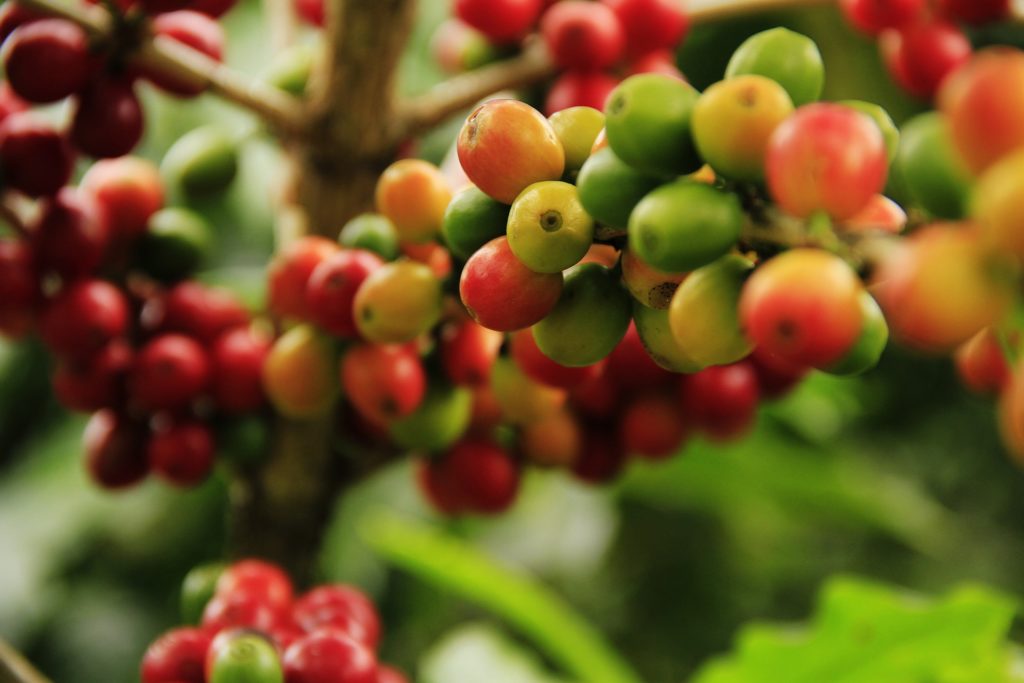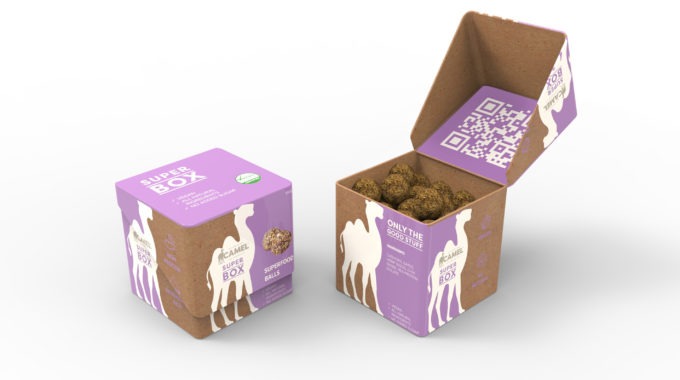Aussie ingenuity turns waste into worth
A Monash University student-led packaging design for an energy ball company that uses leftover peanut shells has won a global award for sustainable innovative packaging.
The Australian Institute of Packaging entered seven Monash student teams for the first time into the global WorldStar Student Awards where they represented Australian innovations from a field of over 300 submissions. Of the seven submissions, all were recognised, with one team winning a Silver in the Sustainable Packaging Design category.

Through the industry focused, student-led New Frontiers Program at Monash Food Innovation, the Silver-winning team of students Caterina Palma, Sherlyn Marvella and Tamanna Kibrea partnered with energy ball company Camel, and developed sustainable packaging from peanut shells – a major by-product in the peanut manufacturing process. This by-product, or waste, traditionally heads straight to landfill or is burnt, adding to atmospheric CO2. The students began to think about ways to use this waste and turn it into something valuable. By using 30 percent peanut shells in the production of fibreboard food packaging, the students saw this as a means of both making use of food waste and aligning the packaging with the food product, which is organic and vegan, and contains no added sugar or preservatives. The new packaging is also 100 percent compostable.

Nescafé uses upcycled coffee berries in new drink
Nescafé has launched Nativ Cascara, a new drink created from upcycled coffee berry husks. The caffeinated beverage makes use of the husk – known as cascara – which is what’s left over after farmers separate and sun-dry the coffee berry. Usually discarded during coffee harvesting, upcycling the husk in this way not only reduces overall waste, it also provides coffee growers with an entirely new revenue stream.

Once brewed, cascara is neither a coffee nor tea, but its own unique beverage with floral and fruity notes, which contains less naturally-occurring caffeine than roasted coffee.
Nescafé has infused the cascara base with natural Australian native botanicals Kakadu plum, lemon myrtle and pepperberry. The cascara husks are sourced from Mexican and Bolivian coffee farms, and the drinks are bottled in recyclable packaging with paper labels.









